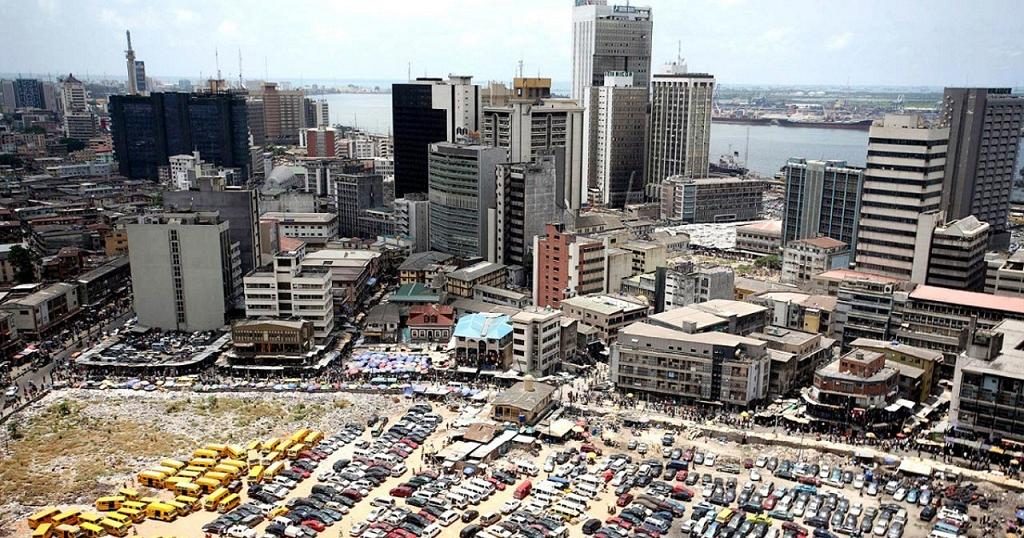TechInAfrica – The World Bank Group revealed new findings titled Africa’s Pulse that was released on April 8 this year. The findings are the reflection of issues which will shape Africa’s future. According to the findings, there were 19 African countries which became economically stagnant or didn’t show any progress from 1995—2018.
Those 19 African countries include Angola, Burundi, Botswana, the Republic of Congo, Comoros, Gabon, Equatorial Guinea, Liberia, Lesotho, Mauritania, Malawi, Namibia, Nigeria, Sierra Leone, Eswatini, Chad, South Africa, Zambia, and Zimbabwe.
The World Bank group said: “Amid recent episodes of financial stress, growth in emerging market and developing economies has lost momentum and is projected to stall at 4.2 percent this year, with a weaker-than-expected rebound in commodity exporters accompanied by the deceleration in commodity importers. Downside risks have become more acute. Financial market pressures and trade tensions could escalate, denting global activity.”

These countries’ median economic growth rate slowed down, from 5.4% per year in 1995—2008 to 1.2% per year in 2015—2018. Meanwhile, the population in the group accounts for 33% of the region’s total population and produces nearly 60% of the region’s total GDP.
The report said, “This group includes the three largest countries in the region—Nigeria, South Africa, and Angola—and comprises many commodity exporters. The bottom tercile’s average GDP per capita is about US$2,696.”
The World Bank Group said that if a country’s economic performance show slowed from 1995—2008 and 2015—2018, then the country is in the bottom tercile.
“If a country’s growth rate remained invariant over time, between 3.5 and 5.4% in both periods, it is categorized in the middle tercile or “stuck in the middle”.
“If a country’s economic performance improved from 1995–2008 to 2015–18, with a growth of more than 5.4% per year, the country is categorized in the top tercile, which includes the improved and established groups.”

The findings on the World Bank’s report indicates that many African countries work on a monolithic economy by relying so much on foreign investments. This economic system is unable to balance population growth. Additionally, debt and the unstable political situation are the side factors that made these countries’ economy haven’t shown any significant progress for more than two decades.
“In Nigeria, although the manufacturing and non-manufacturing PMIs remained above the neutral 50-point mark—which denotes expansion—they fell further in February due to weaker rises in output and new sales orders across firms.
“Household consumption in Nigeria has remained subdued, while multiple exchange rates, foreign exchange restrictions, low private sector credit growth, and infrastructure constraints have continued to weigh on private investment.”
However, the region can boost annual growth by nearly 2% if it leveraged Information Technology more effective as it’s a game-changer for Africa. This statement according to Chief Economist for Africa, Albert Zeufack.
Source: africanexponent.com


